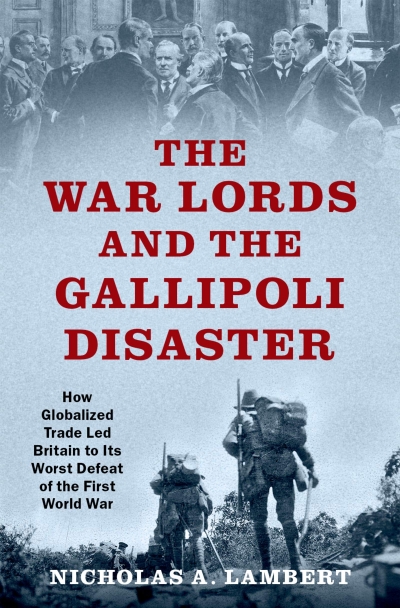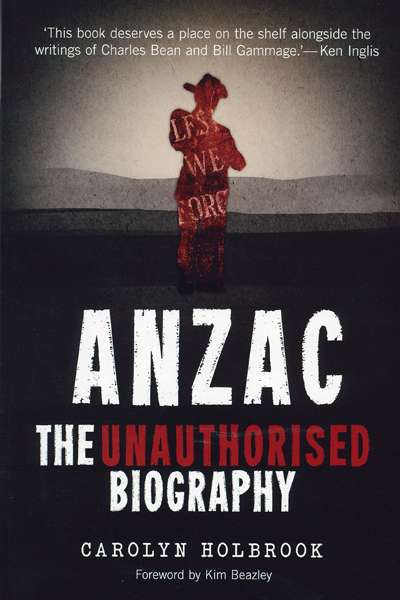Important political issues sometimes cut across traditional party lines, making it harder for us to confront and debate them. The ‘children overboard’ affair, for example, raised important questions about the relationship between public servants and their ministers. Some of these questions were blurred in the subsequent debate, however, for a simple reason. Since the 1970s, governments from both sides of politics have had, in effect, a common policy of restricting the independence of the public service, especially of heads of departments, in the name of accountability and responsiveness. Ministers now have departmental secretaries who can be dismissed for no stronger reason than that they have lost the minister’s confidence. The powerful mandarins who, it used to be said, ruled Australia from the lunch tables of the Commonwealth Club in Canberra are a distant memory. Political influence now affects appointments down to middle managers in ways that those mandarins would have thought totally improper.
...
(read more)






